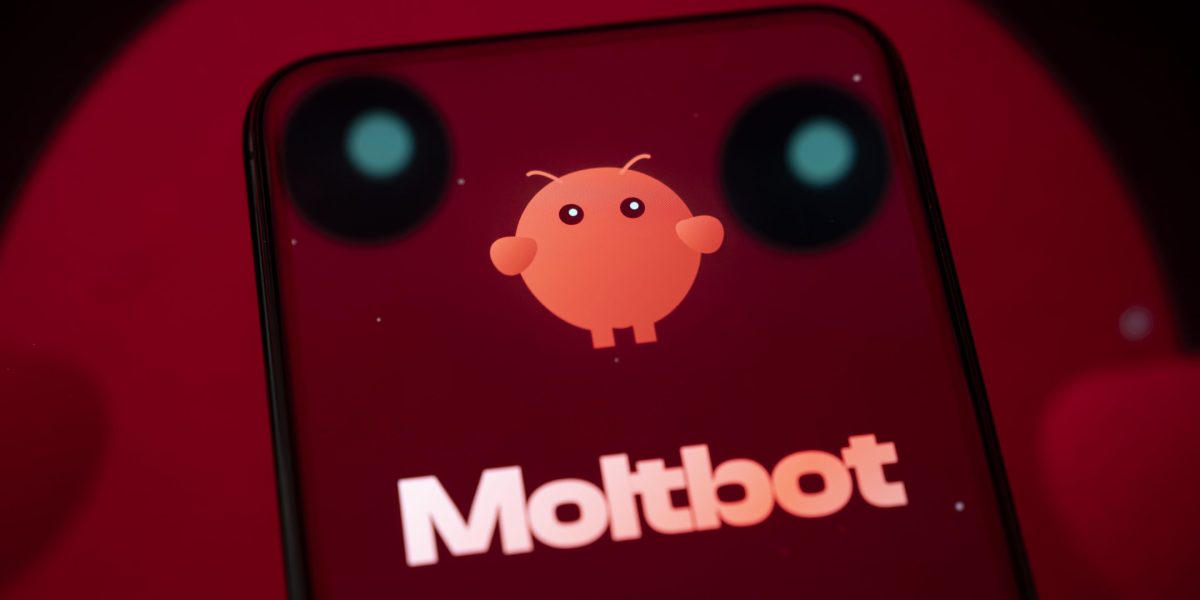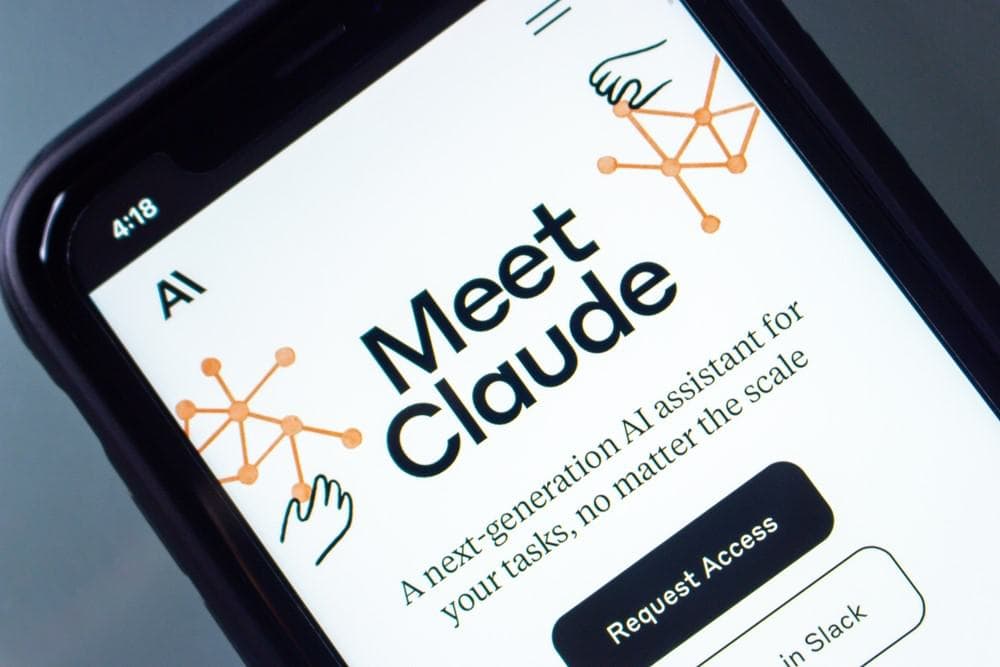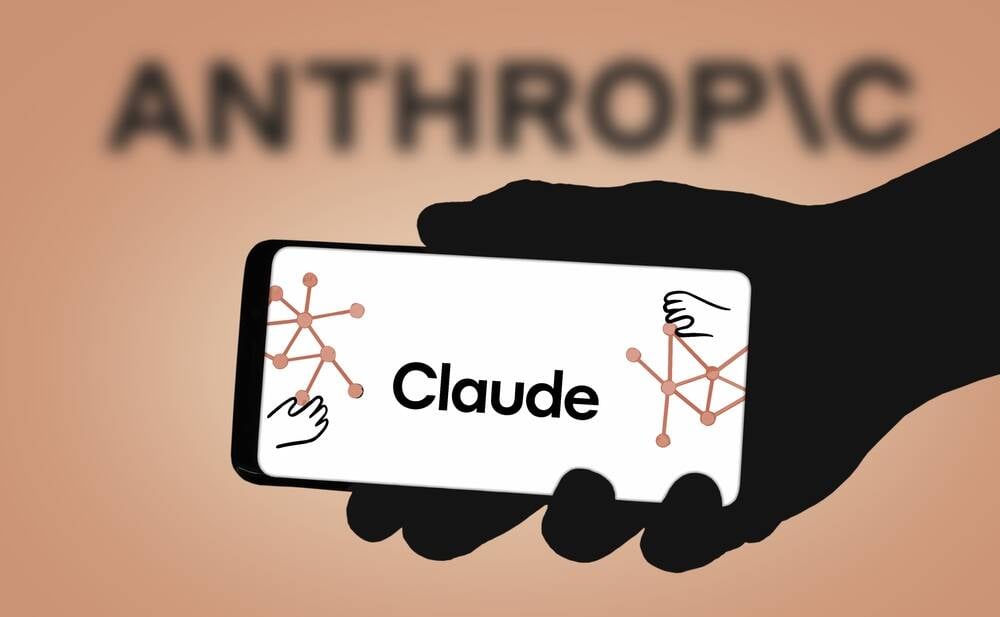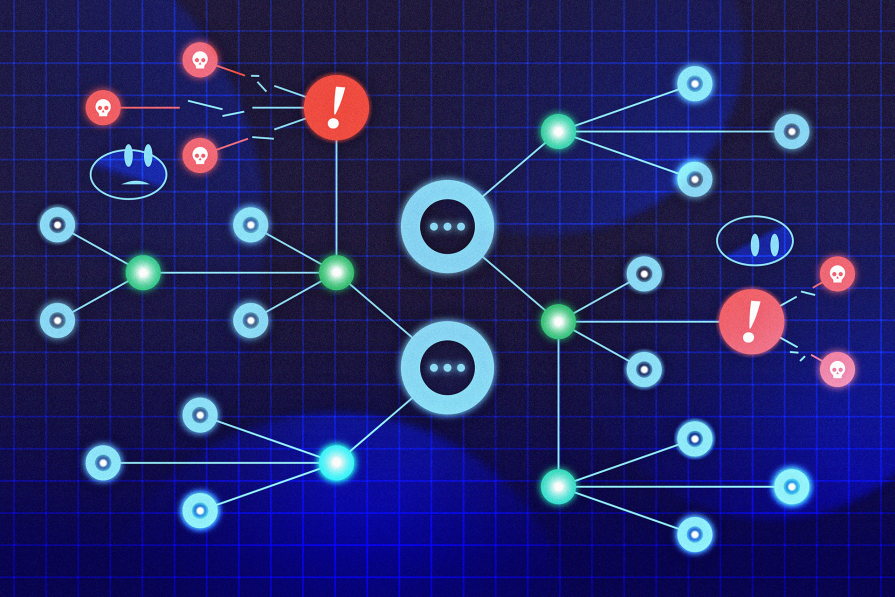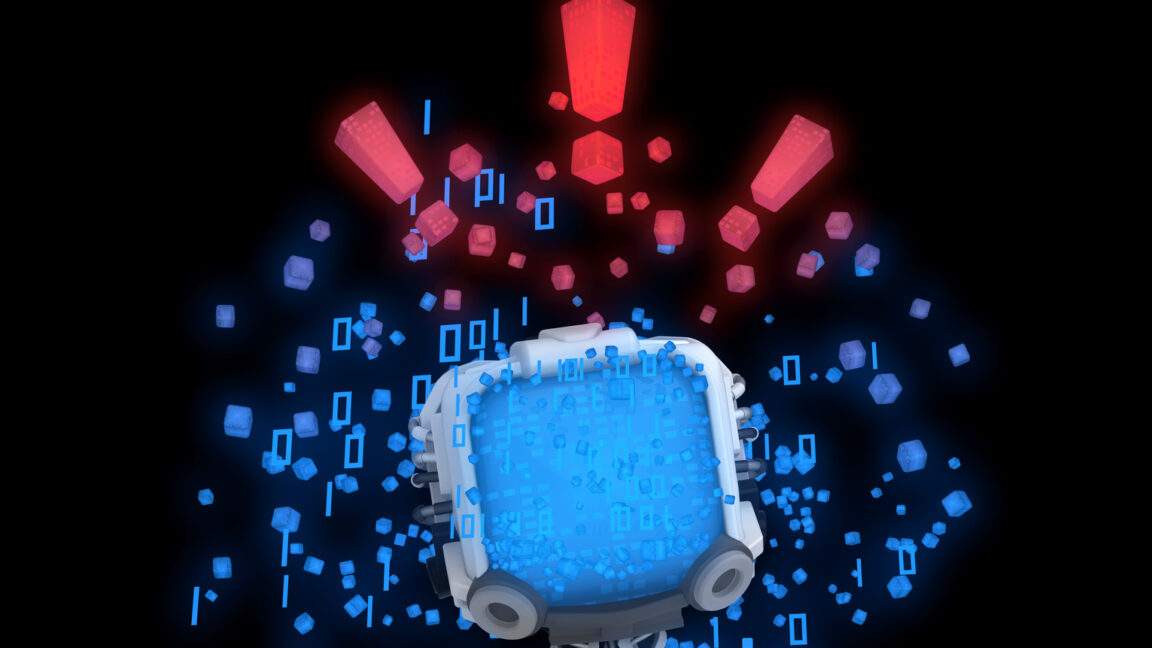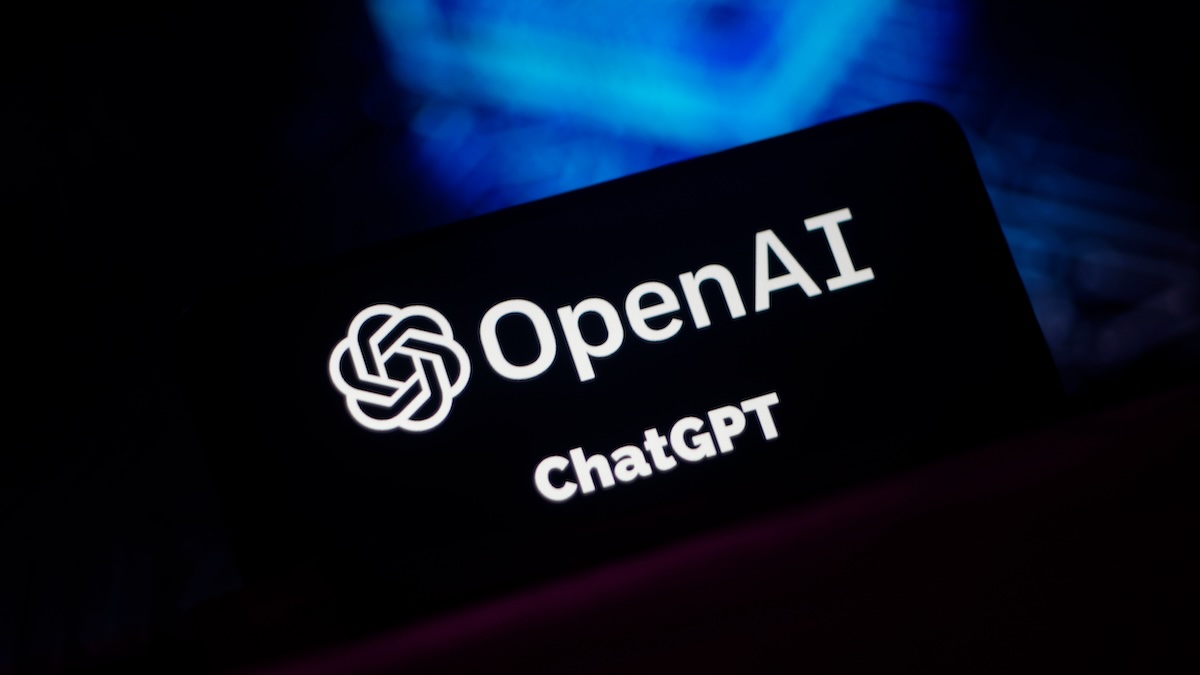fromBusiness Insider
19 hours agoWhy OpenClaw and Moltbook have security researchers worried
OpenClaw and Moltbot are the talk of the tech town right now, but cybersecurity researchers have flagged some concerns that you might want to think about. OpenClaw - first known as Clawdbot, then Moltbot, all in the same week - has got the tech world buzzing thanks to its abilities to autonomously perform tasks like managing a user'sschedule. Meanwhile, Moltbook has gone viral for its Reddit-style social network, where AI agents post and interact with one another. No humans allowed - apart from observing.
Information security
